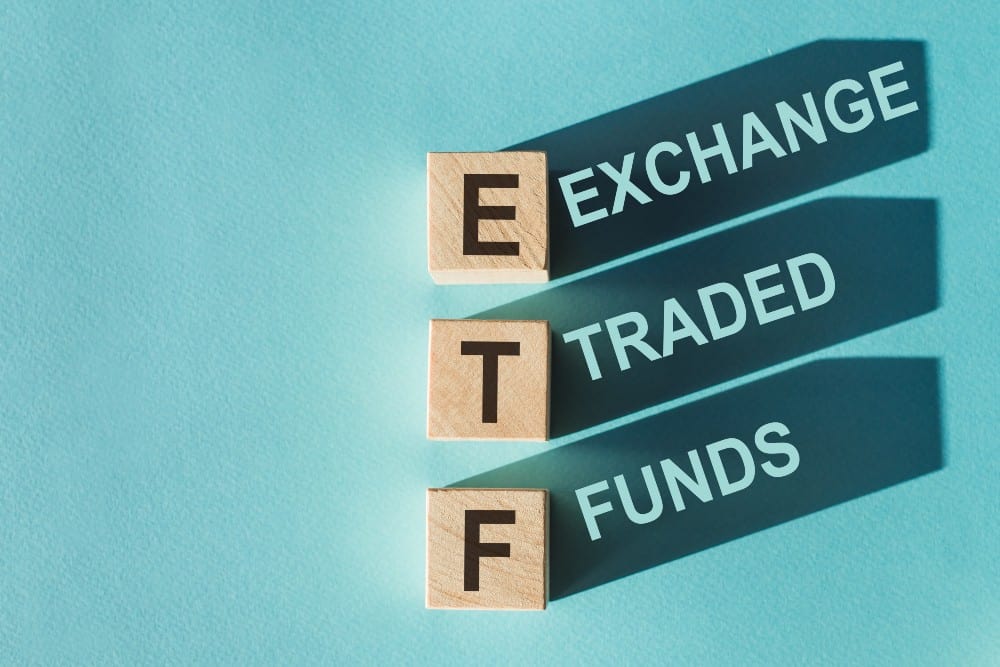Dividend investing is a popular strategy that can be easily implemented by beginner Canadian investors. The TSX is full of large-cap, blue-chip Canadian dividend stocks that have paid high dividend yields for decades. When reinvested, the dividend payments play a strong role in increasing total returns thanks to the power of compounding.
An interesting variant of dividend investing is dividend-growth investing. In this approach, investors don’t target stocks with high dividend yields. Rather, they pick stocks with a strong historical track record of increasing their dividend payouts on a consistent basis.
An alternative passive approach to picking individual dividend-growth stocks is via an exchange-traded fund (ETF). Today, I’ll profile two dividend ETFs with low fees, monthly income potential, and yields above 3%. Let’s take a look!
The iShares option
iShares Canadian Select Dividend Index ETF (TSX:XDV) tracks the Dow Jones Canada Select Dividend Index. This index is comprised of the 30 Canadian stocks screened for dividend growth, above-average yields, and sustainable payout ratio.
The methodology used by XDV is intended to screen out “yield traps,” which are companies that pay high dividends but have poor fundamentals. Sometimes a high dividend yield can be caused by a cratering share price or an unsustainable payout ratio.
On a 12-month trailing basis, XDV yields 4.44% annually, which is paid on a monthly basis. This is the yield you would have received if you’d held the fund over the last year. Keep in mind that the fund’s yield is dependent on the share price — if the price tanks, the yield will rise, and vice versa.
In terms of fees, XDV will cost you a management expense ratio of 0.55%. This is the annual percentage fee deducted from your total investment over time. For a $10,000 investment, a MER of 0.55% works out to around $55 in annual fees.
The BMO option
A good alternative to XDV is BMO Canadian Dividend ETF (TSX:ZDV). Unlike XDV, ZDV does not track an index. Instead, the ETF uses a rules-based methodology that considers the three-year dividend-growth rate, yield, payout ratio, and liquidity of a stock before investing in it.
Like XDV, ZDV’s methodology is designed to create a portfolio of Canadian stocks paying above-average dividend yields, while ensuring quality and lower volatility. This approach tends to be less risky than just screening for high yields, which can lead to the inclusion of unprofitable companies.
On a 12-month trailing basis, ZDV yields 4.20% annually. The fund is significantly cheaper than XDV, coming in at a 0.39% MER. For a $10,000 portfolio, this is a difference of $16 annually. While small, this can add up over time due to compounding, especially for a larger portfolio.
Bottom line
If I had to pick one, I would go with ZDV. Both ETFs have very similar methodologies, holdings, and yield. However, the lower cost of ZDV is a big factor to consider. High fees are a risk factor that can significantly boost your long-term returns if kept under control.










